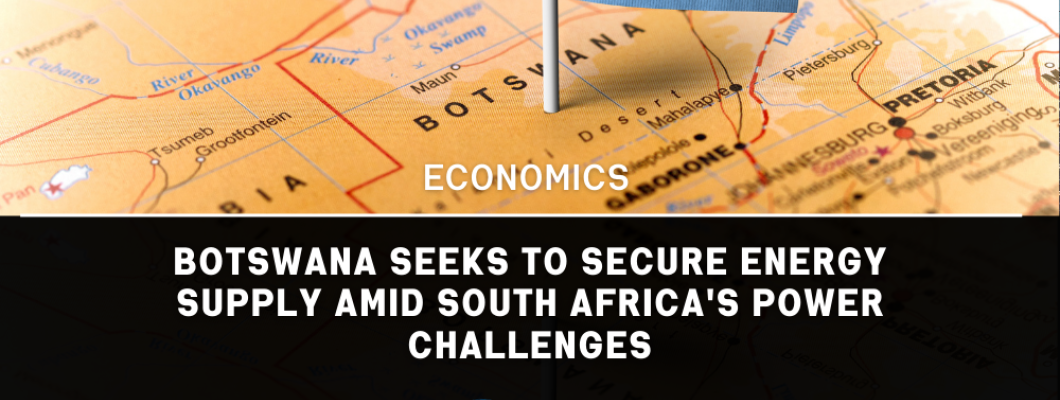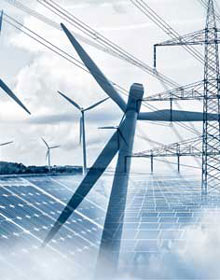
Botswana has announced plans to bolster its energy portfolio by seeking a 200-megawatt supply from neighboring South Africa. This strategic move comes as part of Botswana’s broader initiative to enhance its energy capacity and transition towards sustainable energy solutions. On Friday, April 4, 2025, Botswana also issued a tender for 1.5 gigawatts in renewable energy, signaling a robust commitment to diversifying its energy sources. However, this development raises questions about the feasibility and potential implications for South Africa, a country grappling with its own energy crises.
The tender for 1.5 gigawatts in renewable energy represents Botswana's ambitious plan to harness its abundant natural resources and reduce reliance on fossil fuels. By investing in solar, wind, and other renewable technologies, Botswana aims to not only meet its domestic energy demands but also contribute to global efforts in combating climate change.
“Renewable energy is the future," stated Botswana’s Minister of Mineral Resources, Green Technology, and Energy Security, Dr. Lefoko Moagi. “We are committed to creating a sustainable energy landscape that will ensure energy security for our nation.”
While Botswana's renewable energy tender is a promising step, its request to secure 200 megawatts from South Africa poses a complex challenge. South Africa’s state-owned utility, Eskom, has been plagued by operational inefficiencies, aging infrastructure, and financial woes, leading to frequent load shedding. Load shedding, or rolling blackouts, is a measure used to relieve pressure on the national grid by cutting electricity supply to certain areas.
Given these circumstances, one must ask: How feasible is it for South Africa to supply Botswana with electricity when it struggles to meet its own domestic demands? The potential strain of supplying additional power to Botswana could exacerbate these challenges.
The prospect of South Africa exporting electricity to Botswana raises concerns about the potential impact on load shedding within South Africa. Could this agreement lead to more frequent or prolonged power cuts for South Africans? The answer depends on several factors, including Eskom’s ability to improve its operational efficiency and the success of its maintenance and expansion projects.

Eskom has announced plans to upgrade its infrastructure and increase its reliance on renewable energy sources, which may ultimately enhance its capacity to meet both domestic and international demands. However, these plans are still in the early stages, and significant improvements are needed to achieve a stable energy supply.
Despite these challenges, regional cooperation in energy trading is not new. Southern African countries have historically collaborated through the Southern African Power Pool (SAPP), which facilitates electricity trading among member states. This framework offers a platform for balancing supply and demand across the region, potentially mitigating the risks associated with bilateral energy agreements.
Botswana’s move to secure energy from South Africa and its investment in renewables could serve as a catalyst for enhanced regional collaboration. By sharing resources and expertise, Southern African countries can work towards a more resilient and sustainable energy future.
As Botswana and South Africa navigate this energy partnership, transparency and strategic planning will be crucial. Both nations must ensure that agreements are structured in a way that benefits their respective populations without compromising energy security. Investing in renewable technologies, upgrading infrastructure, and fostering regional cooperation will be key to achieving these goals.
In conclusion, while Botswana’s efforts to secure additional energy supply are commendable, the path forward is fraught with challenges. The success of this endeavor hinges on the ability of both countries to address their internal challenges and work collaboratively towards a sustainable energy future. How will these developments unfold in the coming months and years? Only time will tell, but the stakes are high for both nations.


Leave a Comment